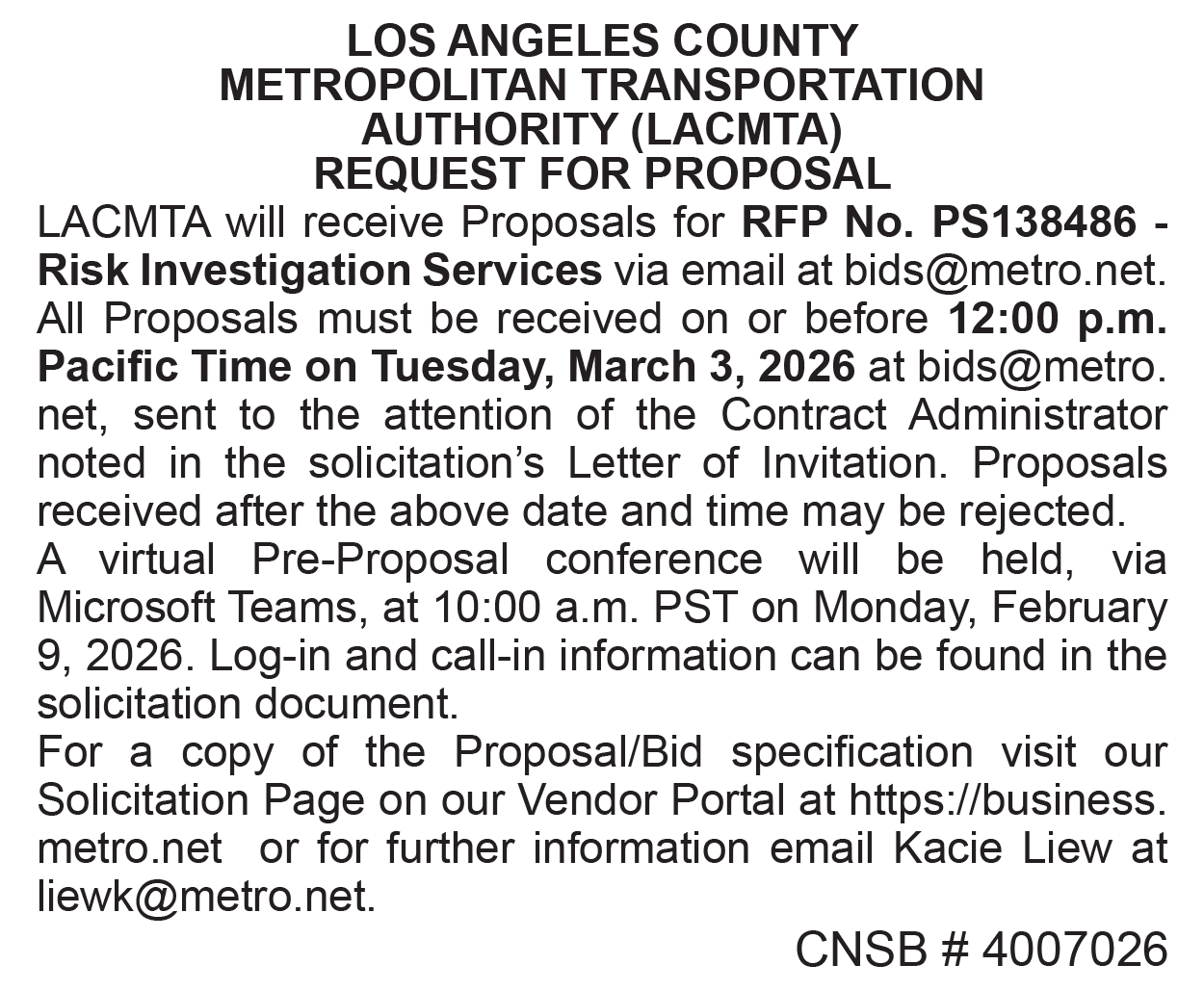What does Medicaid have to do with workers' comp?
Wednesday, November 21, 2007 | 0
By Joe Paduda
What does Medicaid have to do with workers' comp?
Nothing. At least it shouldn't. But two states (California and New York), base their workers' comp fee schedules for drugs on Medicaid's rates -- despite the complete lack of similarities between the two.
Why is this a problem? Lots of reasons.
Most significantly, it takes two seconds for a pharmacy to verify a Medicaid claimant's eligibility and obtain approval for a script. Two seconds. That's because Medicaid in most states is 'single payer' -- there's one place the pharmacy has to check, and only one. And, the claimant usually has a card, and if not, the pharmacy knows exactly what codes to enter to process the script.
Not so in workers comp.
-- There is no 'prospective eligibility' in workers comp; claimants are only 'eligible' after the insurer has found out about the claim (7-14 days on average after the injury).
-- Medicaid accounts for 19% of total drug spend, workers comp between 1 and 2%. WC is just not visible at many pharmacies.
-- In WC, there are two degrees of separation between the injured worker and the PBM.
First, the pharmacy tech has to identify the injured worker's employer - not as simple as you might think. The Burger King may be owned by a franchisee, which might be different from the franchisee on the opposite corner, and the franchisee's name may be 'Company X', an identifier completely foreign to the worker.
Second, the pharm tech has to identify the employer's WC insurer, which requires at least one phone call.
Third, the pharm tech has to call the WC insurer to find out which PBM they use. Unlike the 'single-payer' Medicaid system, there are a dozen or more WC PBMs operating in any one area, each with their own client list and processing codes.
Contrast this with the 'single payer', one-stop eligibility verification process in Medicaid and it quickly becomes apparent why pharmacies can't sell scripts to WC patients at the same rate they offer Medicaid.
Yes, regulators can require employers to provide cards and packets and forms to injured workers. Realistically, that's not going to happen very often.
When one considers that fewer than 1 in 100 workers will suffer an injury requiring a script in any one year, its somewhat unlikely supervisors are going to a) get trained on this; b) remember where the packets are; or c) remember to hand them out when an employee falls off a ladder or sticks his hand in a drill press.
Yes, drug costs are a significant part of workers comp medical - as I've been reporting for over four years.
But forcing unrealistic prices on pharmacies will not help fix the problem.
Joe Paduda is the principal of Health Strategy Associates. This column was reprinted from his web blog on managed care for group health, workers' compensation and auto
insurance, health care cost containment, health policy, health
research, and medical news for insurers, employers, and healthcare
providers. It can be found at www.managedcarematters.com







Comments